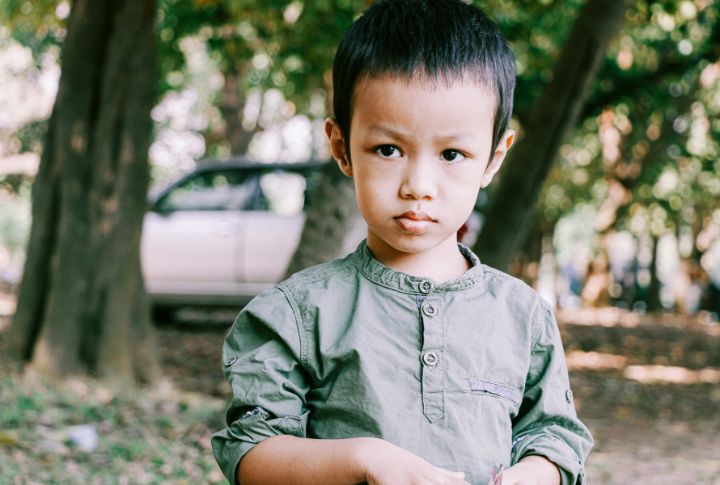
It usually starts small, like giving in after one more “please” or letting a meltdown slide. Before long, the behavior starts to look a little too familiar. But every parent wants to raise a kind, grounded kid, not an entitled one. So, this is your chance to spot the warning signs and fix what’s broken. It’ll make parenting feel easier again.
They Expect Rewards For Basic Behavior
When kids start asking, “What do I get if I do it?” for simple things like brushing their teeth or doing homework, it’s a red flag. They’ve grown too used to rewards, and over time, that habit can make it hard for them to feel proud of genuine effort.
They Throw Tantrums When Told ‘No’
Saying “no” usually leads to yelling or tears because spoiled kids always think every wish should be granted. When screen time ends or candy’s off-limits, they might stomp or shout, “It’s not fair!” as they struggle to accept boundaries.
They Show Little Empathy For Others
Such behavior can make a kid focus only on themselves. You’ll notice it when they brush off another kid’s feelings or show no interest in how others feel. Without learning empathy, it’s tough for them to build real friendships or understand kindness.
They Constantly Demand Attention
A spoiled child often craves attention nonstop. They want parents to drop everything for them, and struggle to play alone. This constant need will most likely strain relationships and make it harder for them to respect others’ time and space.
They Refuse Responsibility Or Blame Others

As things go wrong, these kids rarely admit fault, which stops them from learning accountability and growing up emotionally. They’ll point fingers at teachers, teammates, or even siblings instead. Maybe they say the test was unfair or the game was rigged.
Well, seeing these patterns would feel discouraging, but don’t worry. It’s not too late to reset. Here’s how to start steering things in a better direction.
Establish Firm, Consistent Boundaries
Kids need clear instructions to understand what’s expected of them. By setting firm, consistent rules, you help them learn responsibility and respect. It also reminds them that privileges are earned, not guaranteed. When kids know where the line is, they feel safer and more grounded.
Use Natural Consequences
Instead of punishing every mistake, let kids experience the natural results of their choices. If chores aren’t done, playtime might have to wait. It’s a more effective way to teach responsibility. While over-punishing can create resentment, natural consequences build real understanding.
Encourage Gratitude And Perspective
Parents should make gratitude part of daily life, so kids start to focus less on what’s next and more on what matters. Simple gestures, like writing a thank you note or helping a friend, teach empathy in action. These small lessons build lasting appreciation and reduce entitlement.
Teach Emotional Regulation Skills
Every child feels anger or disappointment, but learning what to do next makes the difference. When you help them pause or express feelings calmly, you’re giving them lasting tools for resilience. Those habits turn emotional moments into learning opportunities for growth.
Reward Effort, Not Entitlement
It’s best to applaud a kid for giving their best, even when the results fall short. That kind of praise sparks determination and pride. Once children connect rewards to hard work rather than entitlement, they gain a healthier attitude toward success and self-improvement.

